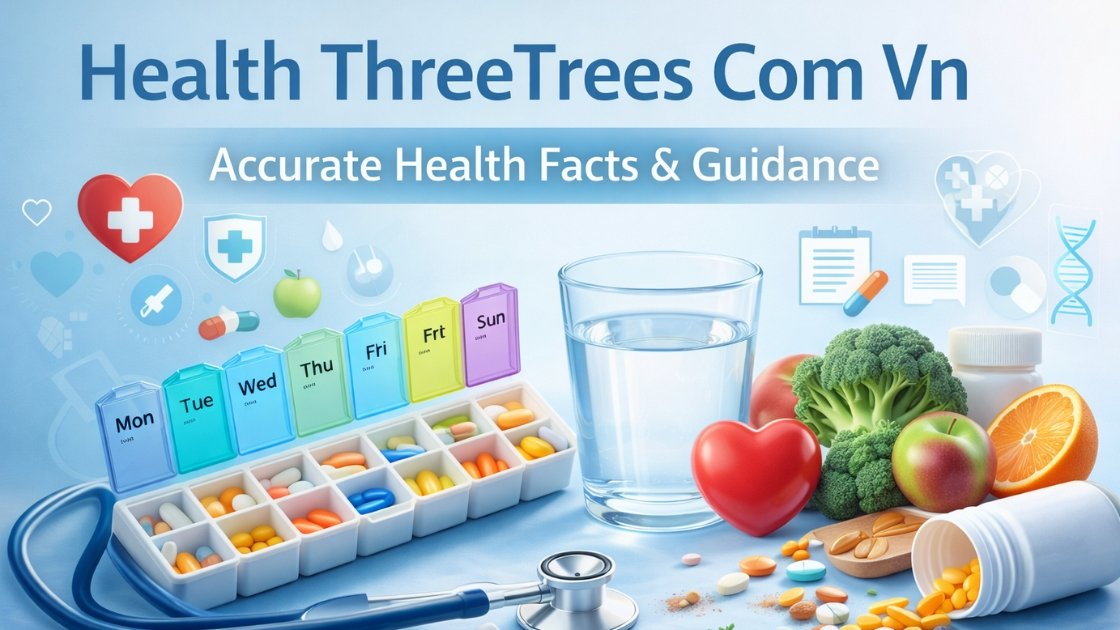Introduction
Eating disorders are complex mental health conditions that can have serious physical and emotional consequences. Recognizing the signs and symptoms is essential for early intervention and effective treatment. If you’re in Delhi and seeking support, finding the best therapist is crucial. In this blog, we’ll explore the importance of an eating disorder test, how to identify signs of an eating disorder, and how the best therapists in Delhi can guide you toward recovery.
The Importance of an Eating Disorder Test
An eating disorder test is a valuable tool designed to help individuals identify whether they might be struggling with an eating disorder. It provides insights into behaviors, thoughts, and emotions that could indicate a problematic relationship between food and body image. While an online test can offer preliminary insights, it’s important to consult a qualified professional for a comprehensive assessment.
Identifying Signs of an Eating Disorder
Recognizing the signs of an eating disorder is crucial for seeking help. Here are some common signs associated with various types of eating disorders:
1. **Anorexia Nervosa:**
– Extreme restriction of food intake
– Intense fear of gaining weight
– Distorted body image and excessive focus on weight and shape
– Excessive exercise
– Avoidance of meals or social situations involving food
2. **Bulimia Nervosa:**
– Episodes of binge eating followed by compensatory behaviors (vomiting, excessive exercise, fasting)
– Feeling out of control during binge episodes
– Guilt and shame surrounding eating habits
– Frequent trips to the bathroom after meals
3. **Binge Eating Disorder:**
– Regular episodes of consuming large amounts of food in a short period
– Feeling a lack of control during binges
– Eating in secret
– Emotional distress following binge episodes
4. **Orthorexia:**
– Obsession with healthy eating and avoiding certain foods
– Strict dietary rules and restrictions
– Anxiety or guilt when deviating from the chosen diet
– Negative impact on social life and well-being
5. **Avoidant/Restrictive Food Intake Disorder (ARFID):**
– Limited range of foods due to sensory issues, past negative experiences, or other reasons
– Fear of choking or vomiting
– Nutritional deficiencies and weight loss
Seeking Help from the Best Therapists in Delhi
If you suspect that you or someone you know is struggling with an eating disorder, seeking help from the best therapists in Delhi is crucial. Qualified therapists with expertise in treating eating disorders can provide personalized guidance and support. Here’s how they can assist you:
1. **Comprehensive Assessment:** The best therapists will conduct a thorough assessment to determine the nature and severity of the eating disorder.
2. **Individualized Treatment:** Therapists tailor treatment plans to address your unique needs, considering factors such as the type of eating disorder, co-occurring conditions, and personal preferences.
3. **Evidence-Based Therapies:** Therapists use evidence-based therapies such as Cognitive-Behavioral Therapy (CBT), Dialectical Behavior Therapy (DBT), and Family-Based Treatment (FBT) to address underlying emotional and psychological factors.
4. **Nutritional Support:** Therapists often collaborate with registered dietitians to provide balanced nutritional guidance and meal planning.
5. **Supportive Environment:** Therapists create a safe and non-judgmental space where you can openly discuss your thoughts, feelings, and challenges.
Conclusion
An eating disorder test serves as a starting point in recognizing potential issues with food and body image. However, consulting a professional therapist in Delhi is essential for accurate diagnosis, tailored treatment, and compassionate support. Remember that recovery from an eating disorder is possible with the right guidance, commitment, and professional help. If you or someone you know is struggling, don’t hesitate to reach out to the best therapists in Delhi for guidance and support on the path to healing.



